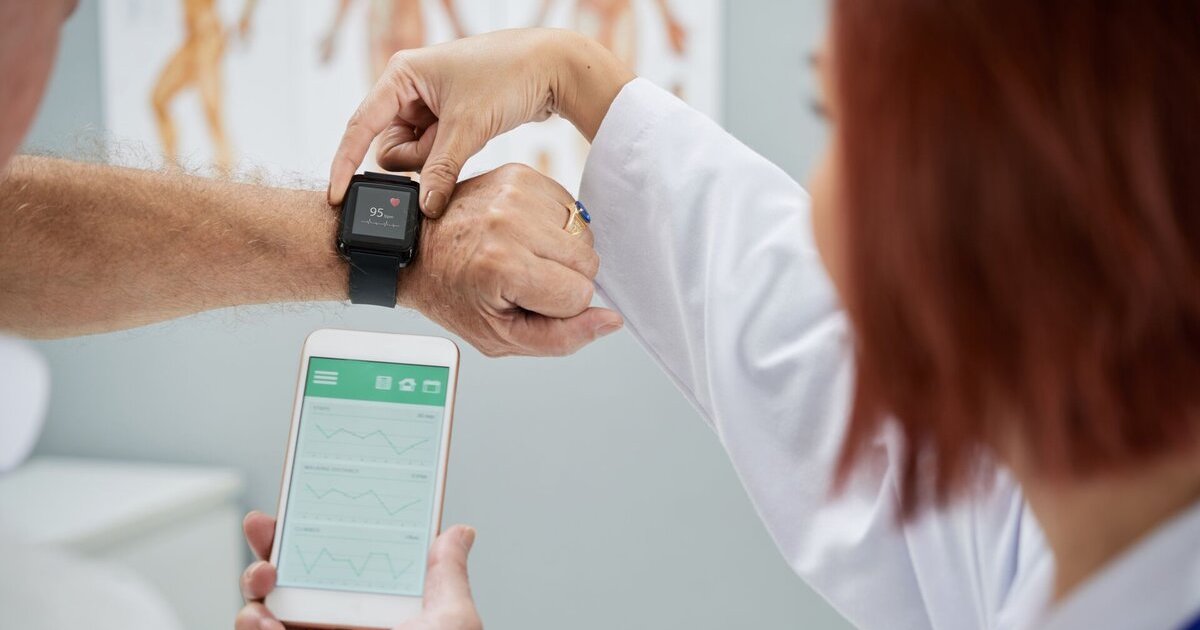
Photo by: DragonImages/Getty Images
Tohoku University's Tohoku Medical Megabank Organization, pharmaceutical firms Daiichi Sankyo and Takeda Pharmaceutical Co., and medical IT company MICIN have started a collaborative research project to track long-term lifestyle habits to drive the creation of new drugs.
According to a press statement, the organisations will loan wearable tracking devices to about 2,000 participants. Over a year, they will collect their detailed and objective lifestyle data, such as sleep status, heart rate, and activity level.
WHY IT MATTERS
In this research, the accumulated health data from wearable devices will be combined with existing patient data from the ToMMO project, which includes health checkups, clinical and MRI imaging data, and genomic information, to accelerate pharmaceutical research, including drug discovery. The study is also seen to enable a more detailed analysis of the relationship between lifestyle habits and diseases.
Wearable health data is expected to add new value to the existing cohort data obtained by the ToMMO project, which is developing a biobank of health data to aid the reconstruction of medical care and promotion of health in the affected areas by the Great East Japan Earthquake in 2011.
The organisations are keen to expand further and develop the framework of their research, which they claim is a "model case" for an era of personalised healthcare based on wearable devices.
THE LARGER TREND
While this research collaboration is touted to be the first of its kind in Japan, the collection of health data from wearables to drive drug development is nothing new. In 2019, the Yale University-Mayo Clinic Center of Excellence in Regulatory Science and Innovation partnered with digital health firm Biofourmis to study the effectiveness of biosensor data in determining drug development for heart failure patients.
ON THE RECORD
"We expect that the addition of objective and sustained lifestyle information from wearable devices to the high-quality cohort information provided by the Tohoku Medical Megabank Project will greatly advance the early practical application of preventive and preemptive medical solutions," said Wataru Takasaki, GM of the R&D Division at Daiichi Sankyo.
"The digitisation and visualisation of individual lifestyle data will dramatically accelerate patient-centred drug research and development. Combined with this, we hope to develop new methods of utilising big data, which will not only lead to the creation of high precision pharmaceuticals but also contribute to medical care tailored to the characteristics of patients," Ceri Davies, Takeda's head of Neuroscience Drug Discovery Unit, also commented.
MICIN CEO Seigo Hara also said they "hope that this research effort to implement the acquisition and use of data from wearable devices with a large local population will serve as a model case for the collection and use of diverse data under appropriate processes".



















